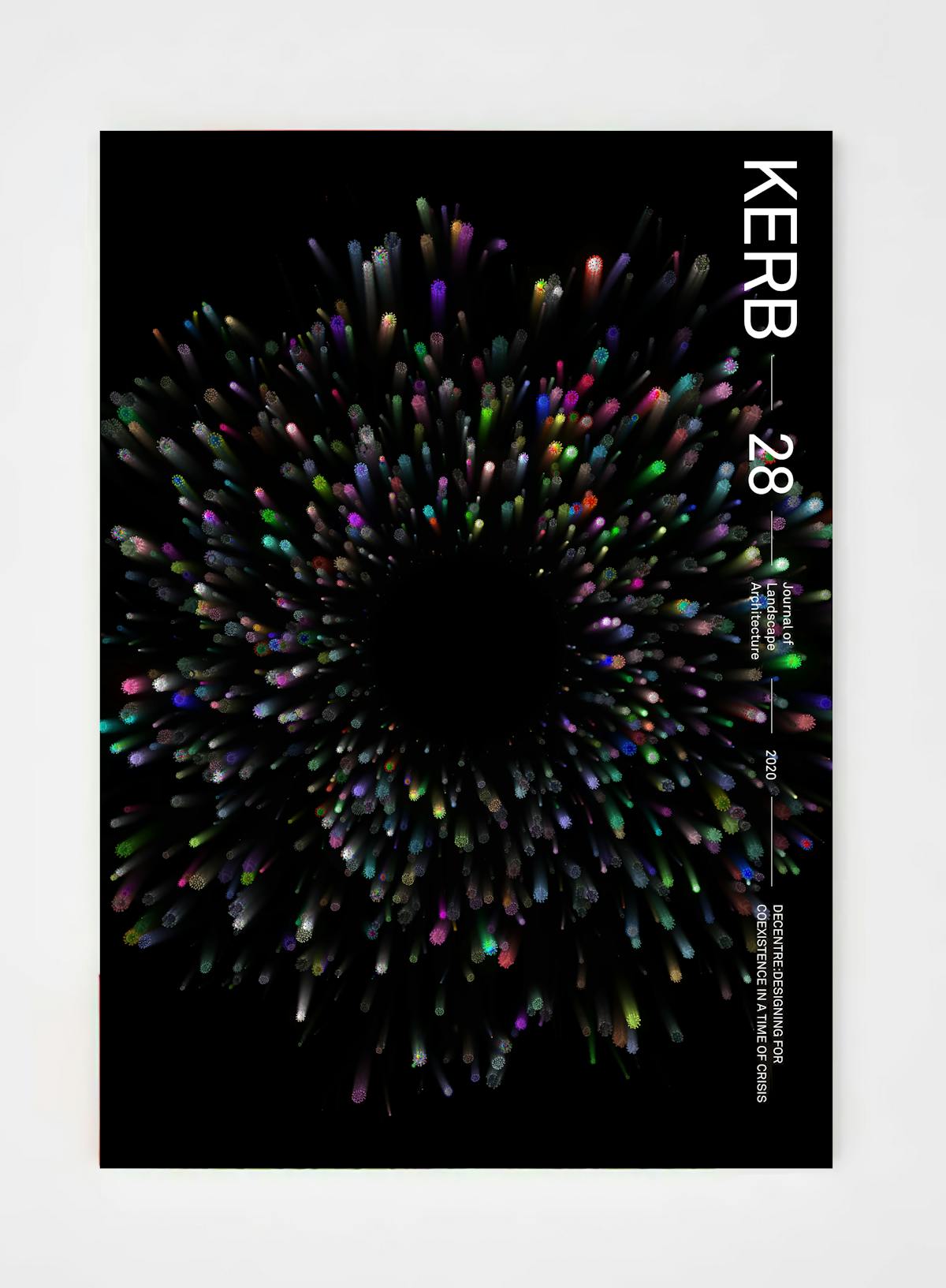Towards decentring of the modern world
‘There is no outside […]. [I]n the box of the Anthropocene, where humans are both everywhere and decentralised, and in which all material bodies are clustered, breathing space is limited, future is closing in, human extinction is a possible reality. One stands on one’s toes and looks for the outside.’1
Decentring is a decolonial move that confronts Eurocentrism, which holds that Europe and North America are the centre of the modern world. It is well expressed by leading African intellectual Ngũgĩ Wa Thiong’o in Moving the Centre: The Struggle for Cultural Freedoms, in which he articulated three imperatives in the process of moving the centre:
- Moving the centre from its assumed location in the West to a multiplicity of spheres in all cultures.
- Moving the centre within all nations from the dominant social stratum of a Europeanised male bourgeois minority to the majority of peasants, workers and women.
- Moving the centre from restrictive walls of nationalism, class, race and gender.2
Decentring aims at making it possible for a pluriverse to emerge; a world in which many worlds coexist.
Our thesis in this essay is that knowledge creates reality (epistemology frames ontology).3 All societies in the world are epistemic creations. In other words, their geopolitical and spatial designs can be traced back to the manifestations and realisation of specific processes of ideation as well as histories. What is problematic about Eurocentric knowledge and its creations, including the coloniser’s model of the world, is its imposition through imperialism and colonialism on the rest of the world. In short, Europe and North America’s local epistemic, geopolitical, socio-spatial and economic designs underwent a universalisation that involved Europe and North America being “centred”. The violent imposition of Western modernity on the “restern” world, meant that all other knowledges, experiences and conceptions of knowledge, power, being and nature were relegated to the periphery. As Enrique Dussel points out, the contemporary geopolitical space is defined by the West’s five-centuries-long project of imposing itself as the centre of the world, with white bodies presented as ‘all-knowing’ and thus positioned at the nucleus of that world.4
Footnotes
-
A Philippopoulos-Mihalopoulos, Spatial Justice: Body, Lawscape, Atmosphere, Routledge, Abingdon, 2005, p. 1. ↩
-
N Wa Thiong’o, *Moving the Centre: The Struggle for Cultural Freedom,*James Currey, Oxford, 1993, pp. xvi-xvii. ↩
-
WD Mignolo and CE Walsh, On Coloniality: Concepts, Analytics, Praxis. Duke University Press, Durham and London, 2018, p. 135. ↩
-
E Dussel, Philosophy of Liberation, Obis, New York, 1985, p. 3. ↩
